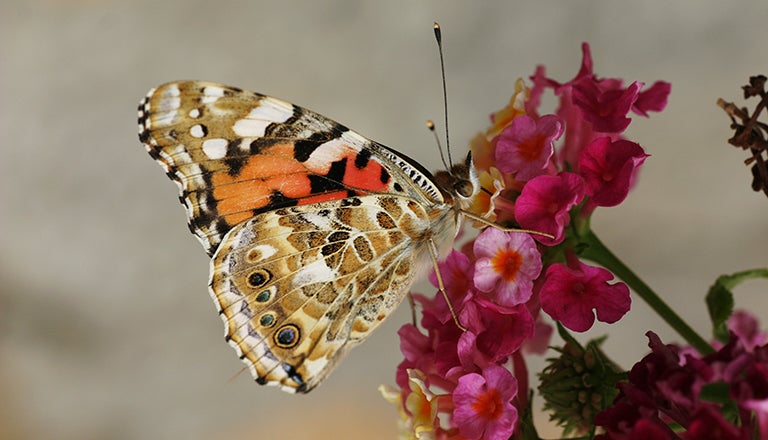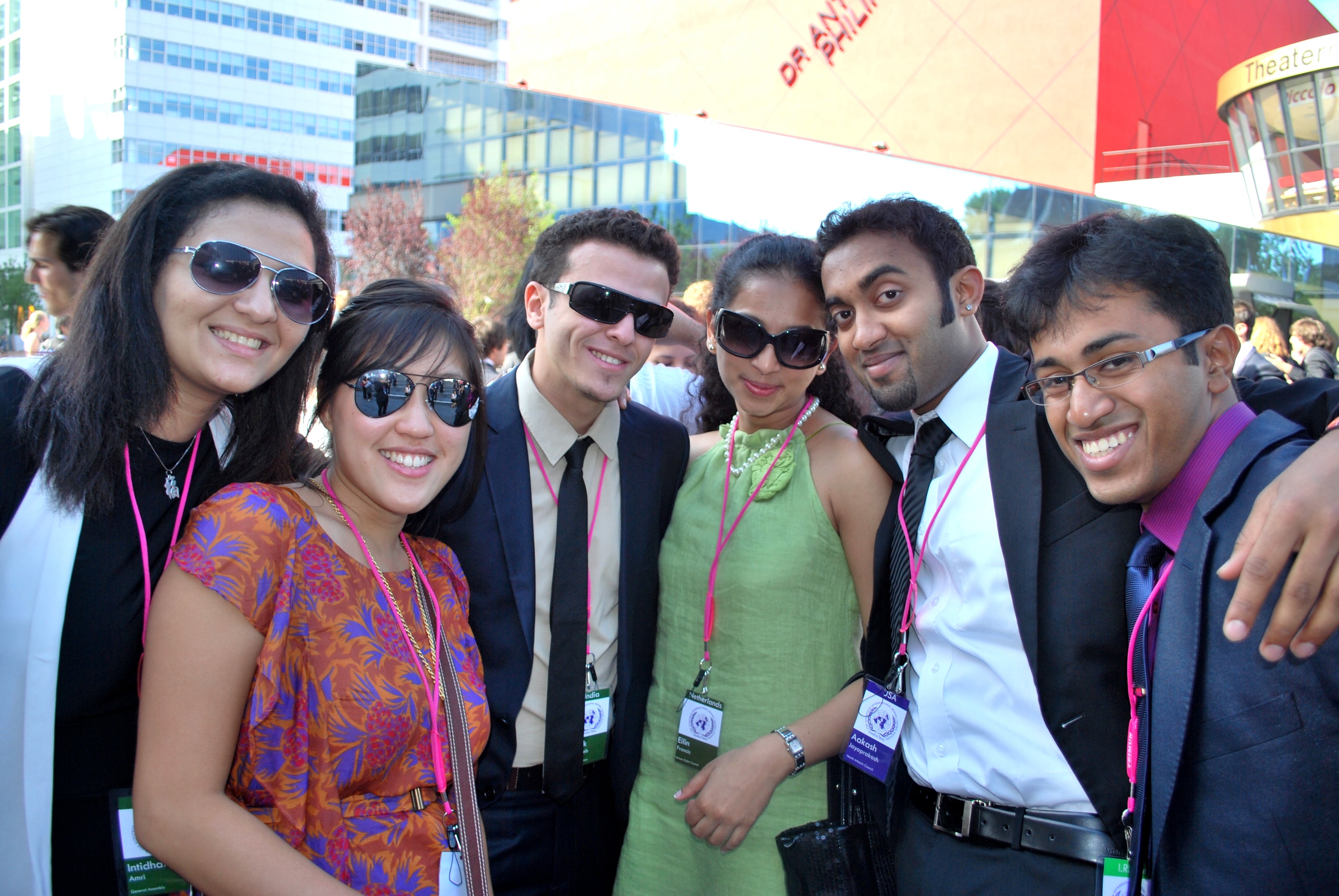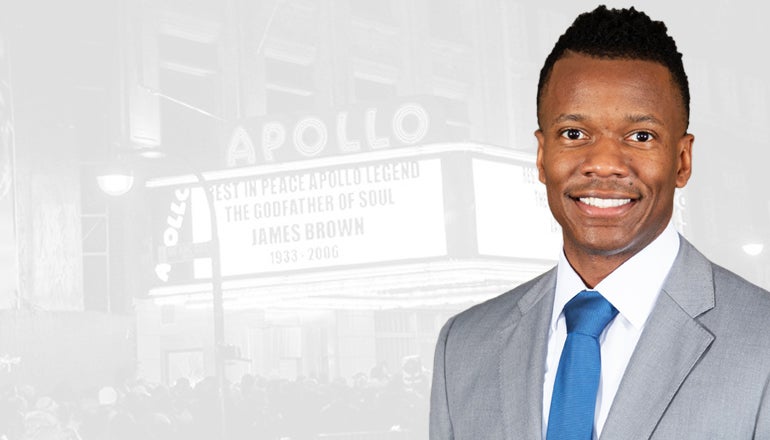bar
United States government officials and Afghan leaders explore the ongoing Afghan peace process at an event on campus hosted by the Georgetown Institute for Women, Peace and Security. Read More
In a first-of-its-kind study, Georgetown plastic surgeons find that men who choose to have facial plastic surgery increase perceptions of their attractiveness, likeability, social skills or trustworthiness. Read More
A Georgetown biology professor co-authors a study showing that common butterfly species in a Midwestern state have declined by one-third over more than two decades. Read More

The university bestows business and entrepreneurship certificates to its first Pivot Program fellows, formerly incarcerated DC residents who will now either continue working on business ideas at Georgetown or pursue employment with their internship organizations or other businesses. Read More
After forging friendships and professional relationships, many international students seek employment in this country during and after their graduation from Georgetown. Read More

Teams from 18 colleges and universities from across the country convened on campus for the first annual Summer Institute on Equity in the Academic Experience, hosted by Georgetown and The University of Texas at Austin through the American Talent Initiative. Read More
Georgetown medical students are getting a better sense of what aging patients experience and the decisions and emotions patients and families face through a new virtual reality software. Read More
A symposium honoring Vera Rubin (G’54), one of the most important American astrophysicists of the 20th century, took place this week at Georgetown, where she received a Ph.D. and began her career as a researcher and professor. Read More

A team of health policy researchers, including two from Georgetown, reports on one of the largest studies of out-of-pocket costs for nursing home care and finds that prices are rising faster than other medical care and consumer prices. Read More
A new book by Robert Patterson, chair of the Department of African American Studies, examines how post-Civil Rights era rhythm and blues culture articulates competing and conflicting political, social, familial and economic desires within African American communities. Read More




